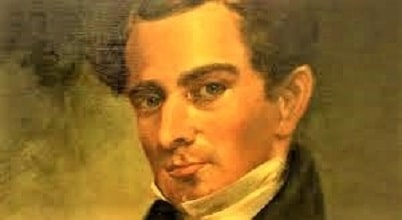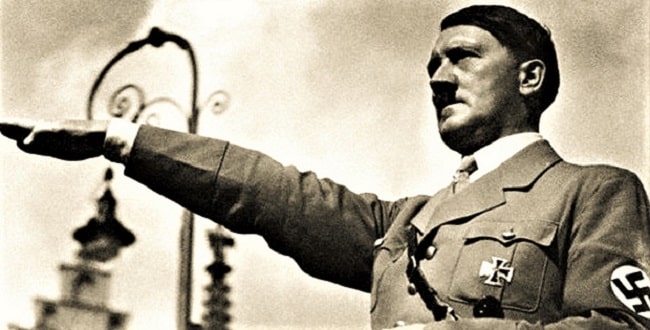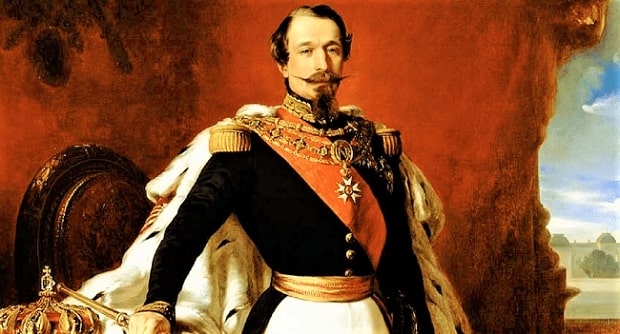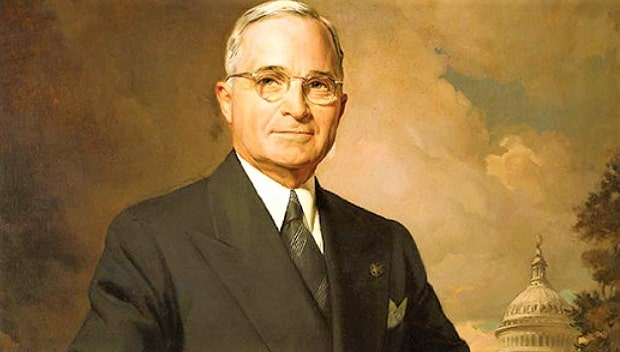Martin Luther | Biography, Reformation, Facts & Death
Martin Luther (born November 10, 1483, in Eisleben, House of Mansfeld; and died on February 18, 1546, in Eisleben), was an Augustinian Catholic theologian and friar who began and promoted religious reform in Germany and whose teachings were inspired by the Protestant Reformation and theological doctrine and cultural called Lutheranism.Luther exhorted the Christian church to return to the original teachings of the Bible, resulting in a restructuring of the Christian churches in Europe. The reaction of the Catholic Church before the Protestant reform was the Counter-Reformation.His contributions to Western civilization extend beyond the religious realm, as his translations of the Bible helped develop a standard version of the German language and became a model in the art of translati...









